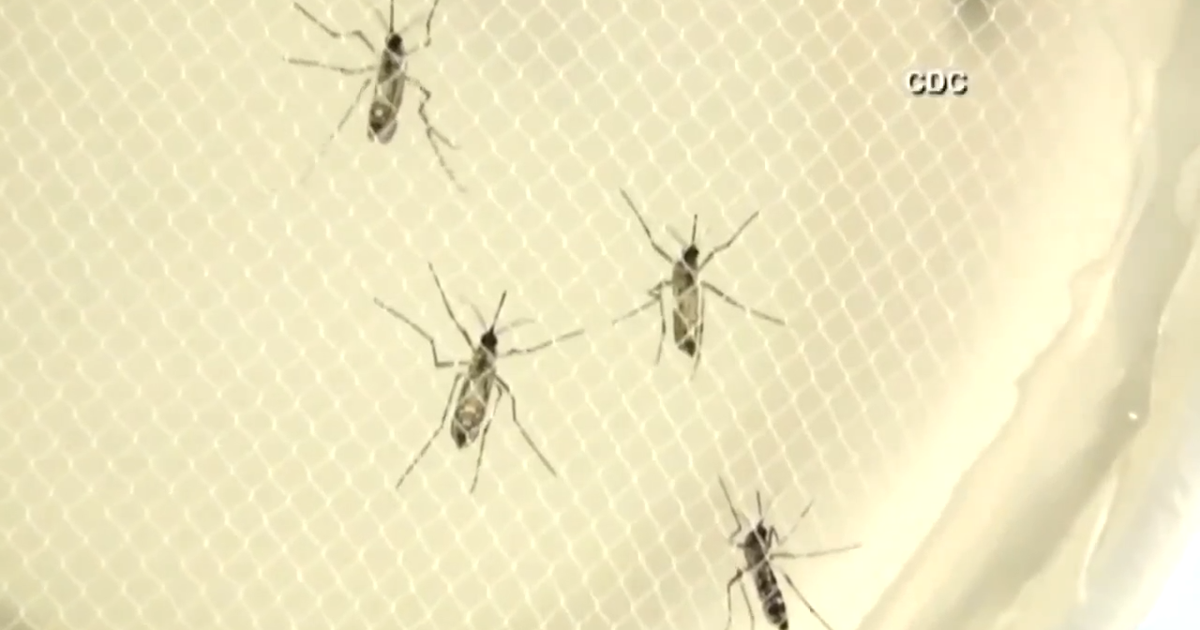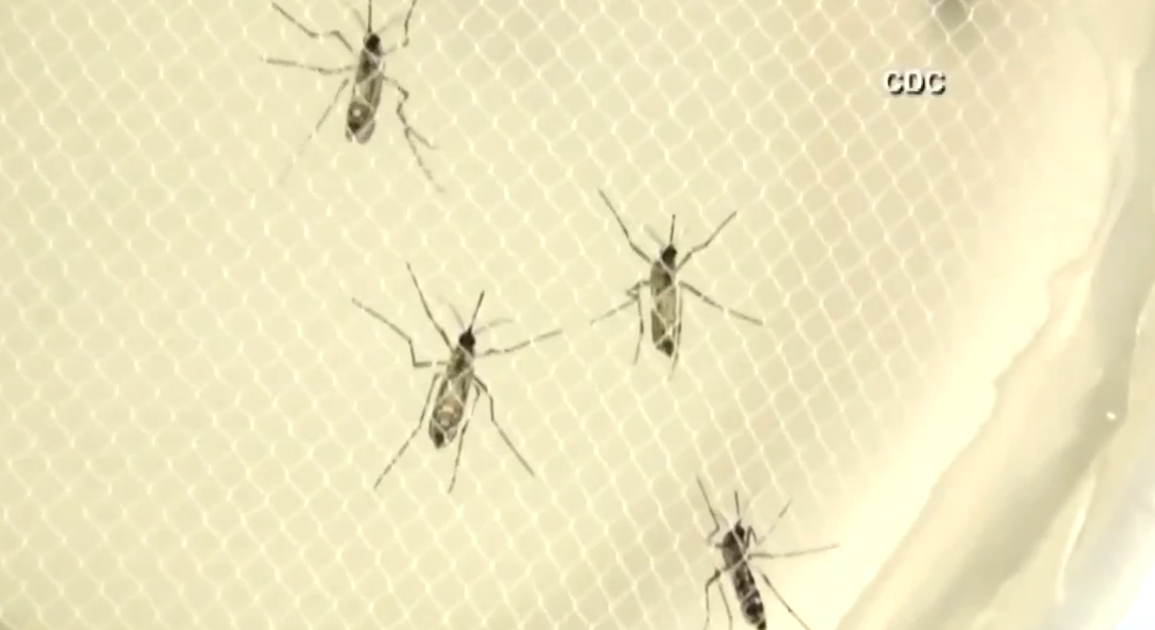
BLACK HAWK COUNTY, Iowa (KWWL) — Mosquito season is typically the end of May until September, and with a month still to go- the Black Hawk County Health Department is tracking double the amount of West Nile infected bugs.
“West Nile we typically monitor from May to September each year- and for example last year we had 24 positive pools of mosquitoes, and we still have a month left this year and we’re already up to 46 positive pools- so almost doubled what we saw last year so far,” says Alex Writz, the health department’s Community Program Coordinator for Healthy Homes.
The county has three mosquito traps- and Writz visits them multiple times a week. Once the bugs are collected, they’re sent to Iowa State University for testing. There they will study the bugs and patterns of infection- hopefully answering questions why there are so many positive pools this year.
“It’s something that I’m sure especially with other counties, ISU will be looking at, and we’ll be definitely looking at here in Black Hawk County too- especially with less rainfall but still seeing more of the west Nile mosquitoes,” Writz said.
For now, the health department is asking residents to be cautious- wear long sleeves and pants, use bug spray, and be diligent during high peak hours for mosquitoes.
“We definitely want to encourage people to dump our sources of water- mosquitoes can breed in pools of water as small as a bottle cap; so any sorts of water that’s out either from rain or sprinklers anything like that- make sure we’re dumping out regularly, bird baths and that kind of stuff,” Writz explained.
The county will continue to monitor the bugs through the end of the month.
“We monitor kind of middle end of May to the end of September, so we’ve got about four more weeks here that we’ll continue you know multiple times a week, collect our mosquitoes from each of our three traps in the county and keep monitoring throughout the end of the season here,” Writz said.
The CDC reports about 1 in 150 people will contract a serious case of West Nile. If you’ve been bitten and start to feel sick, Writz recommends seeking medical care.
“West Nile causes some symptoms similar to kind of like the flu- so fever, aches some body chills and that kind of stuff. So definitely anyone who’s feeling sick we recommend checking in with your doctor,” she concluded.


